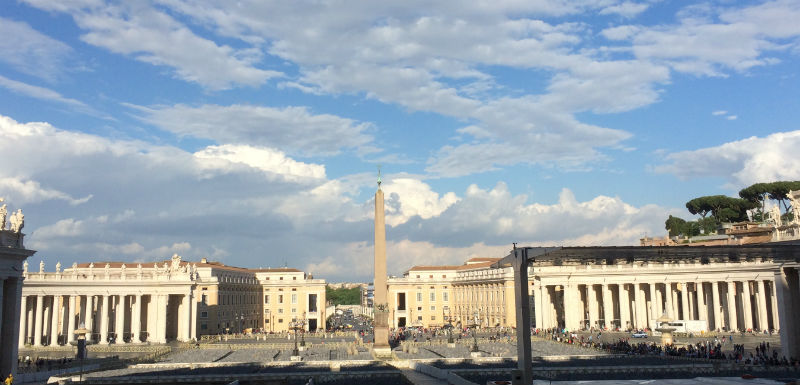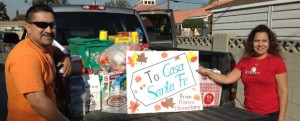What did Pope Francis say about women becoming deacons?
The first point is that the Pope’s comments were in answer to a question, previously supplied to him. So he came prepared. The question was put not in the context of women’s right to priestly ordination but in the context of the range of pastoral work carried out by sisters particularly in places where priests are scarce. Here is the text of the question.
Consecrated women already work so much with the poor and the marginalized: teaching the catechism, accompanying the sick and the dying, distributing communion, [and] in many countries conducting the common prayers in absence of priests and in those circumstances pronouncing the homily. In the church there is the office of the permanent diaconate, but it is open only to married and non-married men. What impedes the church from including women among permanent deacons, just as it happened in the early church? Why not construct an official commission that might study the question?
Pope Francis spent quite a long time on the precedent of deaconesses in the Early Church. While it does create an historical precedent for the existence of deaconesses, it is not a very useful comparison in other ways because we have very little information on what deaconesses did.
The key point was that the Pope said that he would see about setting up a Theological Commission to inquire into the question of women being admitted to the permanent deaconate.
For many of you, the next question is ‘what is the permanent diaconate’? Very briefly, it is an ordained ministry within the Catholic church which is open to men only, both married and unmarried. It was revived after the Second Vatican Council. France, the United States, Australia. among others, have had permanent deacons for quite a few years now. Deacons can preach at Mass, officiate at weddings but they cannot hear confession nor, of course, celebrate Mass.
Permanent deacons can continue to work in their own professions and help out in parishes at weekends, or, if retired, more frequently. They also work in diocesan ministries, as canon lawyers or admimistrators of diocesan agencies where their experience allows.
While we can see what deacons can do, there is still some debate about the nature of the ministry. The theologian Karl Rahner is reputed to have said at the time of the Vatican Council that the permanent diaconate was a ministry in search of a theology. We wait to see what light the new Theological Commission will shed on matters.
The writer was present at the meeting as a member of the UISG



